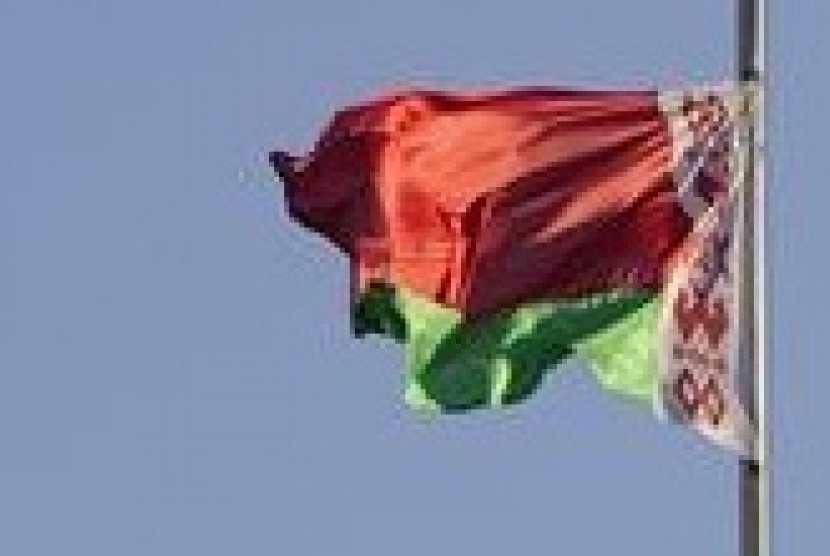REPUBLIKA.CO.ID, JAKARTA -- Addressing the issue of human trafficking is one of the key priorities of the national policy, stated Ambassador of the Republic of Belarus to the Republic of Indonesia Vladimir Lopato Zagorsky.
"The Republic of Belarus has launched large-scale initiatives to tackle human trafficking," Vladimir Lopato Zagorsky stated here on Friday.
He remarked that human trafficking, especially of women and girls, is a major challenge of the present time. It is estimated that thousands of people become victims of such crime.
"Therefore, to combat human trafficking, all countries should cooperate with each other by sharing information," he emphasized.
Vladimir pointed out that the Republic of Belarus worked out a comprehensive national legislation to eliminate human trafficking.
Meanwhile, several large-scale measures were implemented in the framework of state programs to increase effectiveness in combating human trafficking and ensuring national security.
He explained that during the 23rd session of the UN Commission on Crime Prevention and Criminal Justice held in Vienne, on May 12-16, 2014, Belarus initiated the resolution titled "Preventing and Combating Trafficking of Human Organs and Persons for the Purpose of Organ Removal."
The Russian Federation and the United States are among the co-sponsors of the resolution.
"It focuses attention on the problem of trafficking of persons for the purposes of organ removal, and in practical terms, requests the United Nations Office on Drugs and Crime (UNODC) to conduct a study on the trafficking of human organs,"
Vladimir emphasized.
Belarus believed that this initiative will offer a new impetus for the comprehensive solution to the problem of trafficking of human organs, he added.
Earlier, Country Manager of United Nations Office on Drugs and Crime (UNODC) Troels Vester affirmed that the world is still far from eradicating modern slavery, as a result of which children and women continue to be particularly vulnerable to this perfidious trade.
"Organized criminal groups continue to generate billions of dollars by preying on people's hopes for a better life. A major step forward in tackling this crime is the Protocol to Prevent, Suppress and Punish Trafficking in Persons, especially Women and Children, under the United Nations Convention against Transnational Organized Crime," he noted.
He noted that when the protocol was adopted in 2003, less than half of the countries in the world had legislations in place, which criminalized human trafficking. Now, it is in place in over 90 percent of the countries.
According to UNODC's 2012 Global Trafficking in Persons report, the vast majority of trafficked persons are women, accounting for 55 to 60 percent of the victims identified globally.
Recent data from the forthcoming report, however, suggests that increasingly more numbers of identified victims are children, particularly girls under the age of 18. Together, women and children account for three quarters of the identified victims.


